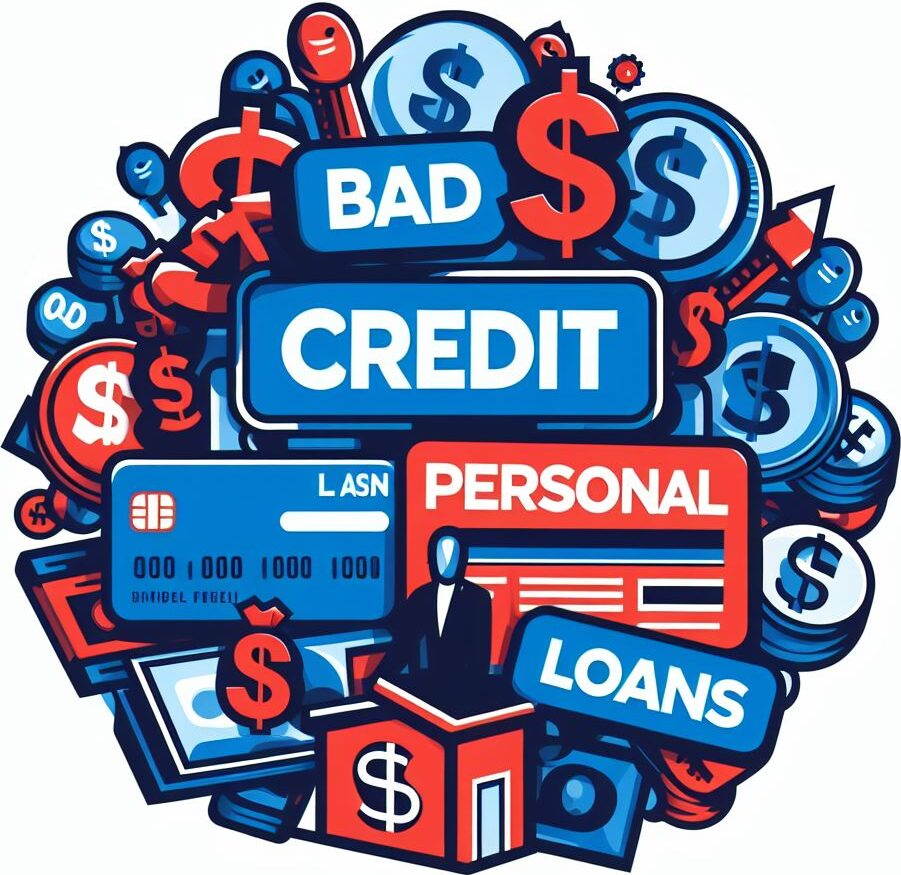Let’s start by exploring what credit scores are and why they hold significant importance in our financial lives. Think of a credit score as a financial report card that lenders use to assess the risk of lending you money or extending credit. Your score is influenced by your past and current financial behavior. Why does this matter? Your credit score often determines whether you qualify for a loan to buy a house or a car and can even impact the interest rates you’ll pay.

Now, your credit score is influenced by a mix of factors including payment history, amounts owed, length of credit history, new credit, and the types of credit you have. Just don’t focus too much on perfection here. You’re going to find out about each of these and why they matter. It’s not just about how much debt you have, but how well you manage it.
I’m here to tell you that there are plenty of myths about credit scores out there. Some folks think checking your score often hurts it — that’s not true. Or that a high income means a high score — nah, income isn’t part of your score. It’s time we clear up these misconceptions so you can focus on the facts and work towards the score you deserve.
Strategic Actions to Boost Your Credit Score Fast
You’re going to find out about quite a few tactics to enhance your credit score, some you can even start today. One vital step is getting your credit reports and combing through them carefully. Mistakes happen, and they can be costly. If you spot any discrepancies, it’s crucial to dispute them. You have the right to accurate information, and correcting errors can lead to a quick uptick in your score.
Now, credit card balances play a big role here. High balances relative to your credit limits can hurt, so you want to work on lowering those balances. This isn’t just about paying down debt; it’s also about managing credit utilization. Financial experts often recommend keeping it under 30%, but below 10% is even better if you’re aiming for an excellent score.
Paying bills on time accounts for a hefty portion of your credit score. Missed or late payments can hang around on your credit report for up to seven years. Automation can be a lifesaver here. Set up reminders or automatic payments to ensure you never miss a due date. Consistency is key, and every timely payment helps.
You might be thinking about asking for higher credit limits, and that can be a smart move – as long as it doesn’t tempt you to spend more. A higher limit can improve your utilization ratio, but remember: This isn’t free money. Choose something that resonates with you, whether that’s asking for an increase on one card or spreading it out across several.
Long-Term Credit Improvement Techniques
You might be wondering, how do you keep your credit score climbing over time? It’s about adopting the right strategies and sticking to them. For starters, let’s talk about diversification. In the credit world, this means building a diverse credit mix. This isn’t just about having multiple credit cards, it’s also about including different types of credit, like installment loans, mortgages, or auto loans, as these demonstrate to lenders that you can manage various kinds of debt responsibly.
I’m going to touch on a couple of sometimes-overlooked tools: credit builder loans and secured credit cards. A credit builder loan is a unique type of loan designed specifically to build credit. The lender holds onto the amount borrowed as you make payments, only releasing the funds once you’ve paid off the loan. It’s a powerful tool for proving your reliability without the temptation to spend. Same goes for secured credit cards, which require a deposit that serves as your credit limit. You use it like any other credit card, but the deposit minimizes the risk to the lender while helping you build credit.
In my opinion, one area where patience is key is in understanding the impact of hard inquiries. Each time you apply for credit, a hard inquiry could knock a few points off your score. It’s not a big deal in the long run, but if you’re making multiple applications in a short span, it can add up. Remember, these are just temporary dents — they typically only stay on your report for two years.
If you want to keep your credit score on the up and up, don’t rest on your laurels once you see improvements. Maintain those good habits: timely payments, low utilization, and wise credit management. With these strategies under your belt, you’ll be in a much stronger position to leverage excellent credit when you need it most. And that, right there, is the foundation of long-term credit health.
Lifestyle and Financial Habits for a Stellar Credit Score
You’re going to find out about how intertwining your lifestyle and financial habits can be a game-changer for maintaining a great credit score. It’s not just about the immediate fixes; it really comes down to the day-to-day decisions that shape your financial future. Let’s tackle some of the most effective ways to ensure your credit score benefits from your overall lifestyle.
First off, setting a budget is critical. Choose something that resonates with you, whether it’s an app or good old-fashioned pen and paper. A budget acts as your financial blueprint, helping you avoid overspending and ensuring you have enough to cover your bills. This is key because missed payments can be a significant detriment to your credit score.
Next, consider savings as your financial cushion. It’s not just for future goals but also a backstop against the need to borrow in emergencies. With sufficient savings, you won’t have to worry too much about unexpected expenses, keeping your credit utilisation in check and your payment history spotless.
Regular monitoring of your credit can also help you stay on top of your credit game. This isn’t just about tracking your score; it’s about staying informed on how your actions impact your credit and catching any unauthorized activities that could harm your score. Most credit monitoring services will alert you to significant changes, giving you an immediate heads-up on potential issues.
Lastly, ongoing financial education is a powerful tool in your arsenal. The more you understand how credit works, the better you’re equipped to make decisions that positively influence your score. Whether that’s consulting with financial advisors, attending workshops, or reading up on the latest financial literacy resources, always strive to boost your financial IQ.
In conclusion, a high credit score is within reach if you stay deliberate about your financial choices. Patience and informed decisions will go a long way, and remember, your first attempt doesn’t need to be your last. You can always adjust your approach down the road to keep improving your score. So, take these tips, apply them to your life, and watch your credit score reflect the care you put into your financial well-being. I really hope that you find these strategies as useful as I have!

Now, that one was news to me and came as a shock: your credit score impacts the rate of interest you pay. I had never given it a second thought. I have never really looked at my credit score because I believed that it would count against me if I ever wanted a loan. I have bookmarked your site because I have just realized I am clueless as t how credit works.
Thank you for your comment! Yes, your credit score significantly impacts the interest rate you pay on loans. It’s great to hear that you found the information helpful. Understanding and monitoring your credit score can make a big difference in your financial health. Don’t hesitate to reach out if you have any more questions! #CreditScore #FinancialLiteracy #UnderstandingCredit #FinancialHealth #LoanTips
Jeff